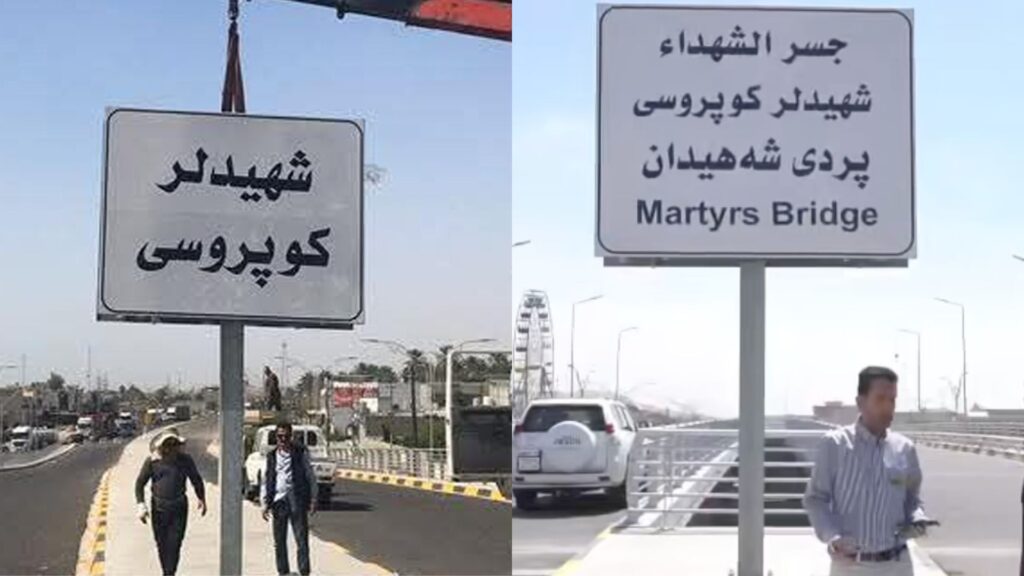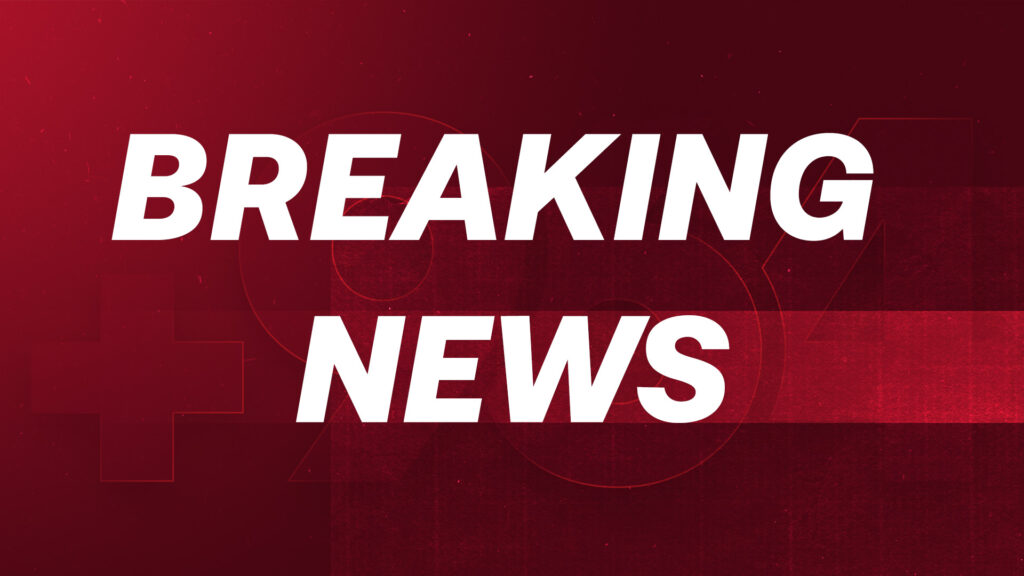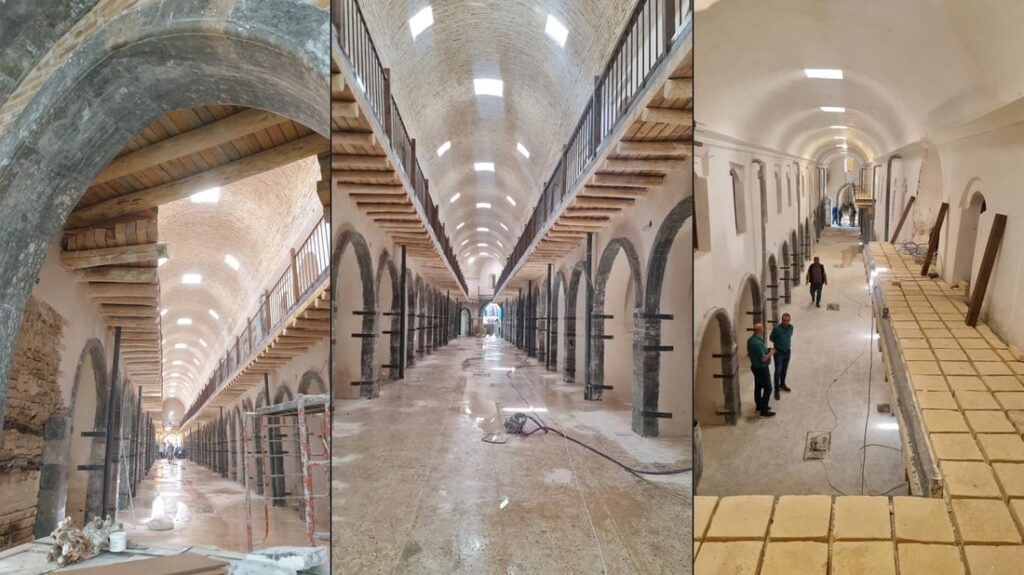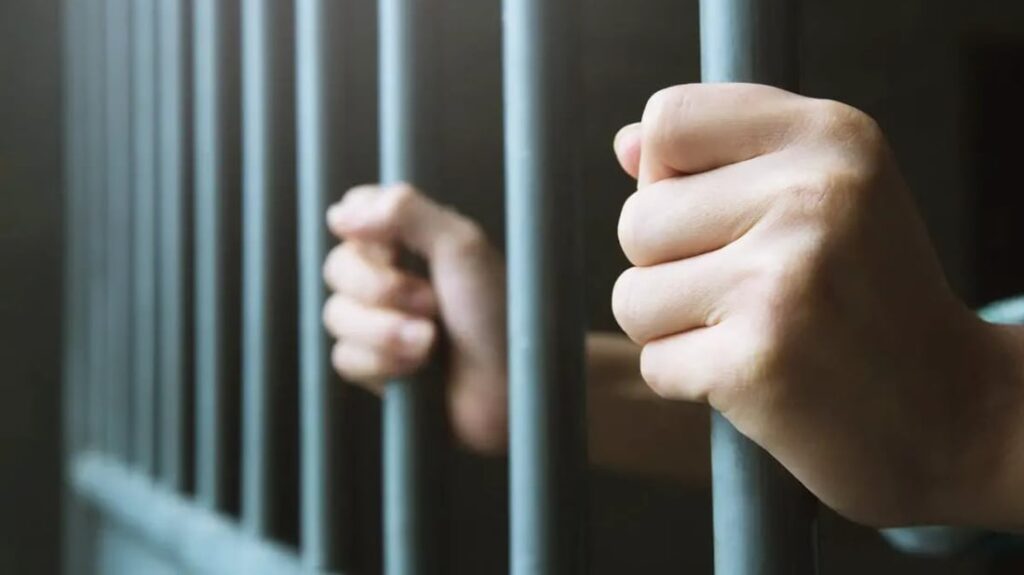Justin Trudeau steps down as leader of Canadian Liberal Party

After twelve years of Justin Trudeau’s leadership, the face of Canada’s federal Liberal Party is changing.
The embattled prime minister announced on Monday that he would step aside as Liberal leader as soon as someone new is selected over the next two months. Trudeau has led the centre-left party since 2013 and was elected prime minister in a majority government in 2015.
In 2019, dwindled support led to the reelection of the Liberals but as a minority government, followed by a similar outcome in a 2021 federal election. Canada does not have a fixed term limit system like its southern neighbour.
Over the last six months, Trudeau has survived multiple non-confidence motions put forward by the opposition Conservative Party. But they were all defeated when members of the smaller New Democratic Party and Bloc Quebecois propped up the prime minister. Since last month, however, both parties have wanted him to resign.
Trudeau’s announcement follows the loss of support from at least 24 Liberal members of parliament who have urged him to step down and the surprise resignation just three weeks ago of his deputy prime minister, Chrystia Freeland, who also served as his finance minister
“It has become clear to me that if I am having to fight internal battles, I cannot be the best option” in a future election, Trudeau told reporters outside his Ottawa residence on Monday.
“I will always be motivated by what is in the best interest of Canadians,” he added. “The fact is that despite all efforts to get through this time, that parliament has been paralysed for months after what has been the longest session of a minority Parliament in our country's history.”
Now, Trudeau is proroguing parliament - meaning temporarily suspending it - until 24 March, well into the first few weeks of the Trump presidency, which would allow the Canadian government to take any necessary actions without involving lawmakers.
“Anyone who's been watching politics closely over the past nine months will know that Parliament has been entirely seized by obstruction and filibustering and a total lack of productivity over the past few months,” he said.
“It's time for the temperature to come down, for people to have a fresh start in Parliament, to be able to navigate through these complex times, both domestically and internationally, he said. The reset ... is the prorogation, but the other part is recognising that removing me from the equation as the leader who will fight the next election for the Liberal Party.”
In the leadup to the announcement, Trudeau himself and members of his cabinet flew down to Florida to meet with US President-elect Donald Trump to urge him to renege on his threat to impose 25 percent tariffs on Canadian goods unless Canada boosts border security to prevent the crossings of irregular immigrants and drugs into the US.
While those numbers are minuscule compared to the US southern border with Mexico, the issue has dominated Canadian news coverage and caused deep concern among Canadians battling inflationary prices.
The Liberals have been struggling to develop a plan to appease Canada’s far stronger and more influential southern neighbour, and the Conservatives have seized on the issue and declared Trudeau unfit for leadership if the Americans cannot respect him.
Gaza
As prime minister, Trudeau was often vocal in his support of Arabs and Muslims in Canada and appointed a number of them to his cabinet. It was not uncommon for him to visit mosques and similar institutions, where he had developed strong ties with community leaders.
But after the 7 October 2023 Hamas-led attack on southern Israel and Israel’s subsequent assault on Gaza that has now left more than 45,000 known dead - a war waged through “acts of genocide” according to the United Nations - anger swiftly mounted at Trudeau’s handling of the matter.
Read More »Like the US, Canada classifies Hamas as a terrorist organisation, and Trudeau insisted that Israel has a right to defend itself. But within his diverse caucus, there was outrage, and more than two dozen members demanded he call for a ceasefire.
Within two months, in December 2023, Canada - breaking with its western allies - voted for a UN resolution calling for a humanitarian ceasefire. However, shortly thereafter, Trudeau’s government had to explain why that action did not mean it was in any way abandoning its staunchly pro-Israel position.
Since then, Canada’s parliament has voted on a largely non-binding motion to suspend arms shipments to Israel, and Trudeau himself has said that Canada will uphold its obligation as a member of the International Criminal Court and arrest Israeli Prime Minister Benjamin Netanyahu if he is under Canadian jurisdiction.
A letter signed by more than 50 Arab and Muslim Liberal staff members in August demanded that Trudeau “wake up” on Gaza and “[condemn] Israel for its numerous war crimes and for the genocidal rhetoric from members of the Israeli Cabinet."
Legacy
The 53-year-old Trudeau, whose father Pierre Trudeau was also prime minister from 1968 - 1984, branded himself as a staunchly pro-immigration leader, famously taking in tens of thousands of Syrian refugees starting in 2015, at the height of that country’s civil war. Within three years, that figure exceeded the 60,000 mark.
He saw the country through a chaotic first Trump presidency, in which Canada was the target of heavy tariffs on steel and lumber, and Trudeau himself came under personal attack by Trump’s aides.
Canada was subsequently compelled to renegotiate the North America Free Trade Agreement - which had been in place since the 1980s - to allow more US products into the Canadian market.
The Trump administration also urged Canada to take a tougher stance on China. And in 2018, at the behest of the US, Canada’s arrest of the daughter of the founder of telecom company Huawei set off a series of arrests in China of alleged Canadian spies.
Read More »All were released in what seemed to be an unofficial prisoner exchange in 2021, ushered through by the newly inaugurated US administration of Joe Biden.
The Canadian public broadcaster, CBC News, described Trudeau’s leadership of Canadians during the Covid-19 pandemic as akin to being a “wartime prime minister”. But his advocacy for safety lockdowns and vaccine mandates eventually led to violent far-right protests in the capital, Ottawa.
In the wake of the pandemic, Canada’s inflation rate rose at a rate that left much of the country struggling as wages were stagnant. Years of skyrocketing prices of food and mortgages, along with increased numbers of immigrants from South Asia in particular, led to waves of anti-immigrant sentiment across the country, and Trudeau was seen to blame for all of it.
Some 30 percent of all immigrants to Canada in any given year this decade are from India, with Indian immigration to Canada seeing a jump of more than 300 percent during Trudeau’s prime ministership.
Yet Canada’s relations with India hit an all-time low last year when both countries suspended the other’s diplomats.
India claimed that Canada had become a safe haven for Khalistani extremists. The Khalistani movement aims to create a separate state for Sikhs in India’s Punjab region. After a Sikh-Canadian proponent of the cause was killed on Canadian soil, Trudeau pointed the finger at the Indian government of Narendra Modi, and police charged four Indian nationals in the case.








